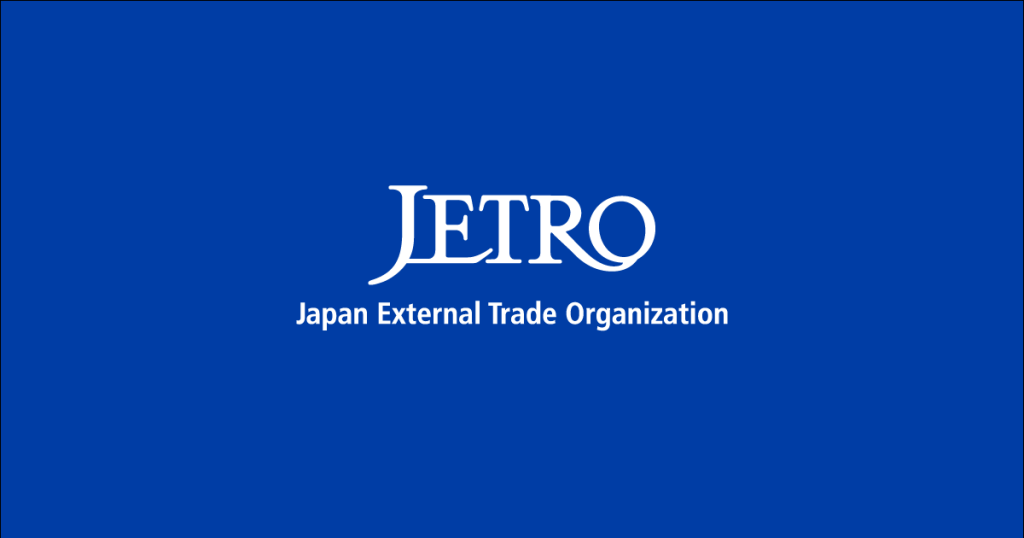According to the World Trade and Investment Report 2023 by the Japan External Trade Organization (JETRO), global trade is faltering due to a myriad of international conflicts and geopolitical risks. The report indicates that enduring tension in Ukraine, an uptick in trade restrictive measures, and the uncertain relationship between the U.S. and China are undermining the principles of free trade.
Traditional trade relationships, once formed based on economic efficiency and comparative advantage, are now shifting towards nations sharing political alignments. This trend is discernible among the world’s major economies and regions.
A robust investment recovery trend that lasted for nearly two years began to wane in the latter half of 2022. The reversal was largely prompted by a spate of crises including high inflation, surging interest rates, and escalating debt. Countries like the U.S. and the EU are now in full competition to lure strategic industries using sizeable fiscal incentives.
The report further suggests that self-centric, inward-looking industrial policies and increasing apprehension about potential supply chain disruptions are fundamentally altering corporate investment behaviors.
The proliferation of country-specific policies and regulations, primarily spurred by economic security and supply chain resilience, has created uncertainty for businesses trading globally. In some cases, this has stifled trade transactions’ growth and diversification. The report suggests that companies need to bolster their readiness for turbulent regulations and devise strategies that span beyond conventional trade management.
Significant shifts are observed in policies and businesses aimed at creating a sustainable society. In 2022, global Environmental, Social, and Governance (ESG) bond investment showed signs of slowing down due to heightened monitoring and regulation.
The European Union’s Carbon Border Adjustment Mechanism (CBAM) has been implemented, and the worldwide introduction of carbon pricing is evolving. The report emphasizes that calculating greenhouse gas emissions is becoming an unavoidable task for companies worldwide. As the business environment continues to change rapidly, corporations are urged to prepare for a wide range of issues, including supply chain adjustments based on geopolitical risks and managing reputational risks.
